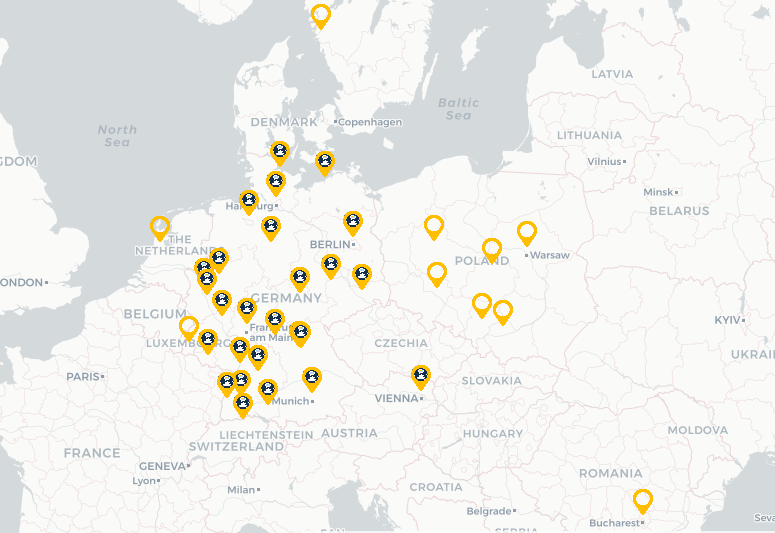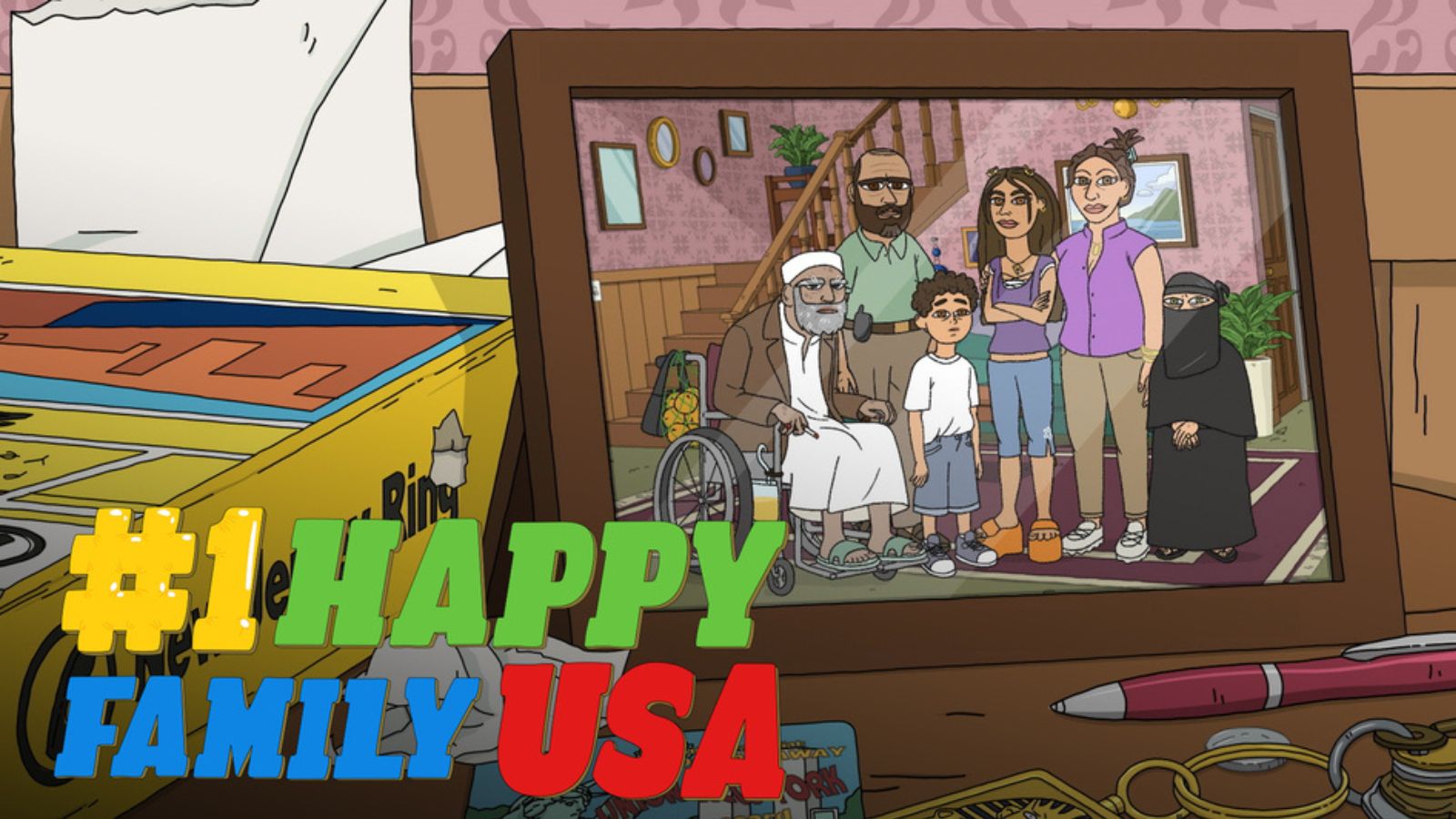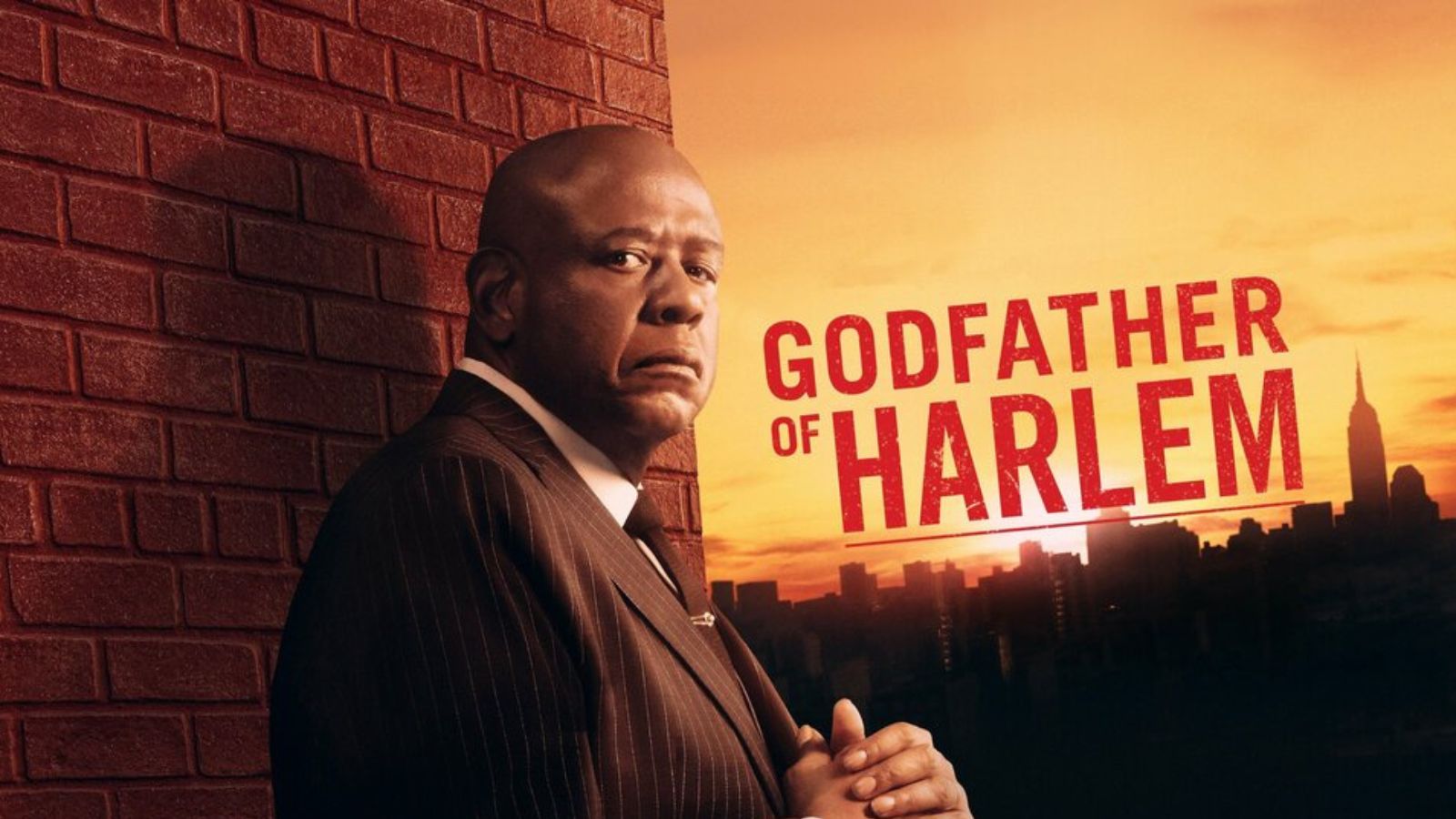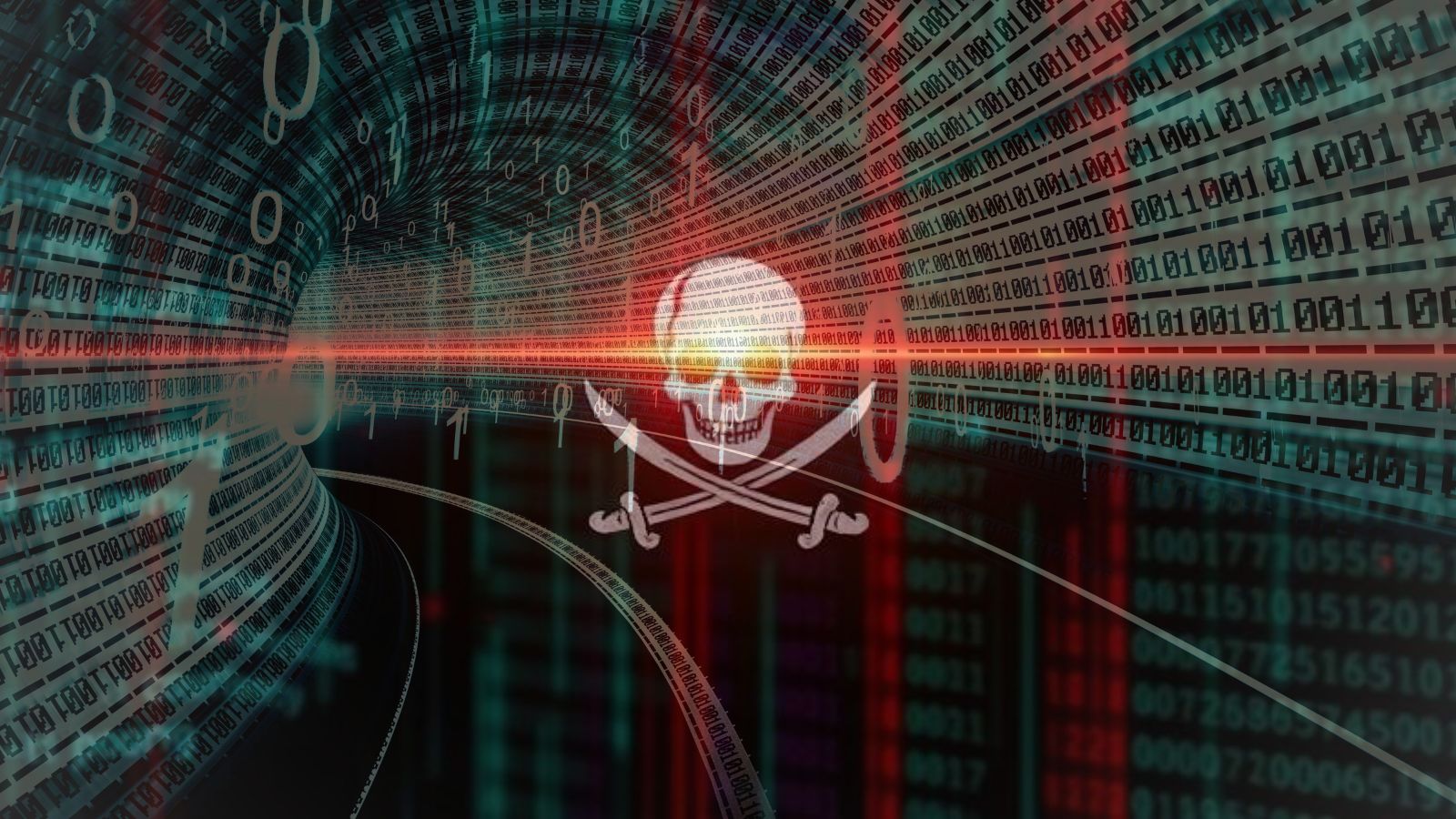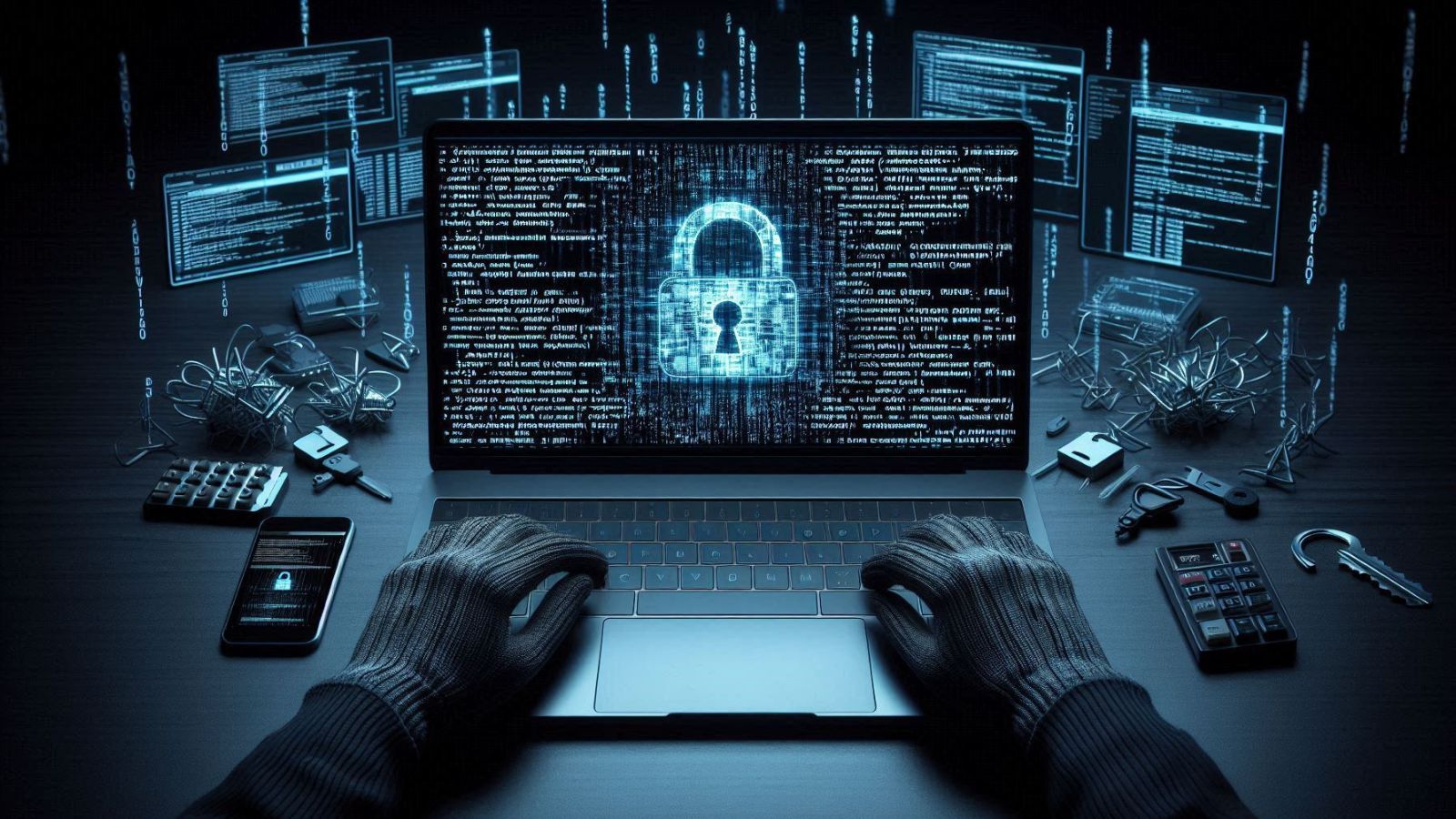
UN Human Rights Rapporteur Openly Expresses Concerns for Article 13
- David Kaye of the UN is publicly expressing concerns about the EU’s upcoming copyright protection laws.
- The Human Rights Rapporteur warns that the new laws cannot possibly be implemented in a way that respects the people’s rights to free speech.
- EU continues to disregard anyone who opposes the law, as they seem fixed in passing it no matter what.
Advocates of the controversial Article 13 have repeatedly dismissed the widespread opposition that was expressed in all forms and through all communication channels lately. They have called EU citizens who objected the passing of the new law as “misinformed”, “deceived by Google”, and even tried to downplay the massive display of rebuff as the “expression of dissent by the few”. According to a TorrentFreak report, the latest addition in the galore of voices that go against Article 13 comes from David Kaye, the UN’s Special Rapporteur on freedom of opinion and expression, who is someone that the EU cannot simply dismiss as a “misinformed or mislead” individual.
Kaye warns that responding to copyright infringement actions with Article 13 and Article 11 will be a disproportionate response that will introduce much greater trouble than having uncontrolled piracy in the first place. Moreover, the human rights specialist advises that the two articles go against the international standards on freedom of expression, as there have been no adequate provisions on how they will be implemented without hurting people’s rights online. European Union’s representatives who support the copyright protection laws have assured the public that they will still be able to enjoy memes, humor, and satire online, but this has stayed on the level of spoken promises, and not actual provisions or exceptions.
Kaye has characteristically stated the following: “Article 13 of the proposed Directive appears destined to drive internet platforms toward monitoring and restriction of user-generated content even at the point of upload. Such sweeping pressure for pre-publication filtering is neither a necessary nor proportionate response to copyright infringement online.”
Promoters and supporters of Article 13 insist that such filtering will not be mandatory, but no one has gone in the trouble of explaining how else the copyright infringement protection framework will work from a practical perspective. Moreover, no one of the proponents seems to understand the technological limitations that we face right now with automatic filtering systems. Kaye has touched this subject as well, saying:
“Even the most experienced lawyers struggle to distinguish violations of copyright rules from exceptions to these rules, which vary across the Member States. Misplaced confidence in filtering technologies to make nuanced distinctions between copyright violations and legitimate uses of protected material would escalate the risk of error and censorship. Who would bear the brunt of this practice? Computers cannot do that today, and even proficient humans have difficulty.”
Despite the outcry, Articles 11 and 13 are moving forward, and soon, they will become the new legislative status quo in Europe. People have planned protests for the 23rd of March, while the petition to “stop the censorship-machinery” has already reached almost 5 million digital signatures.
Planned Protests for the 23rd of March
source: savetheinternet.info
Are you for or against Articles 11 and 13? Share your thoughts in the comments below, and don’t hesitate to do the same on our socials, on Facebook and Twitter.
